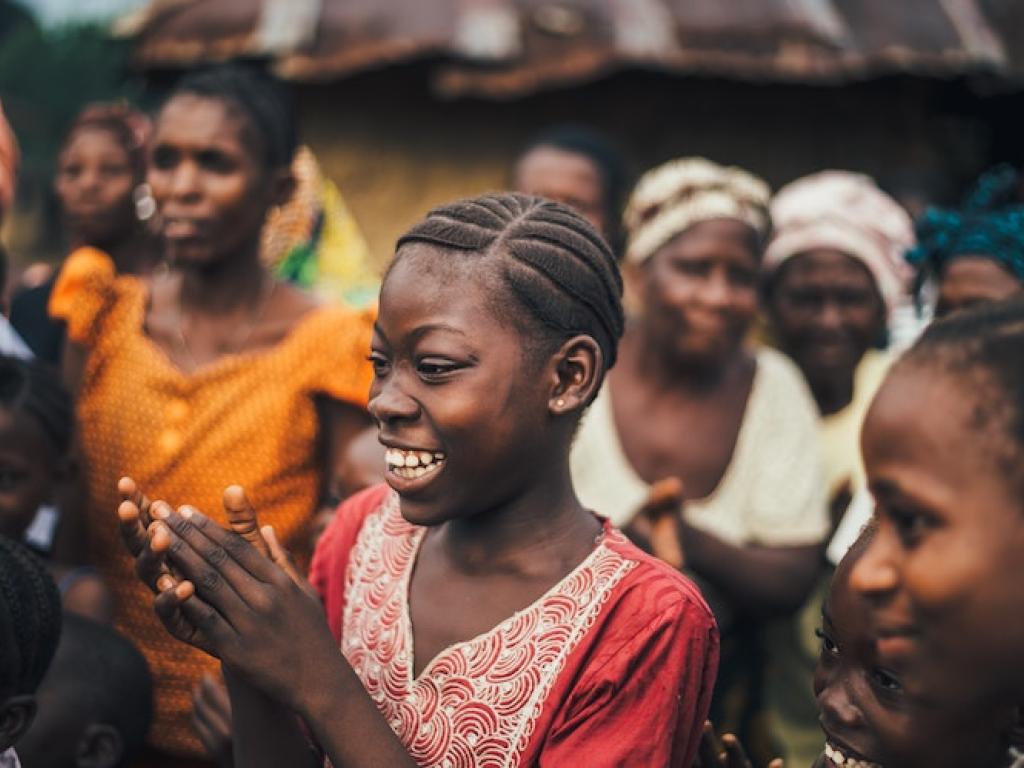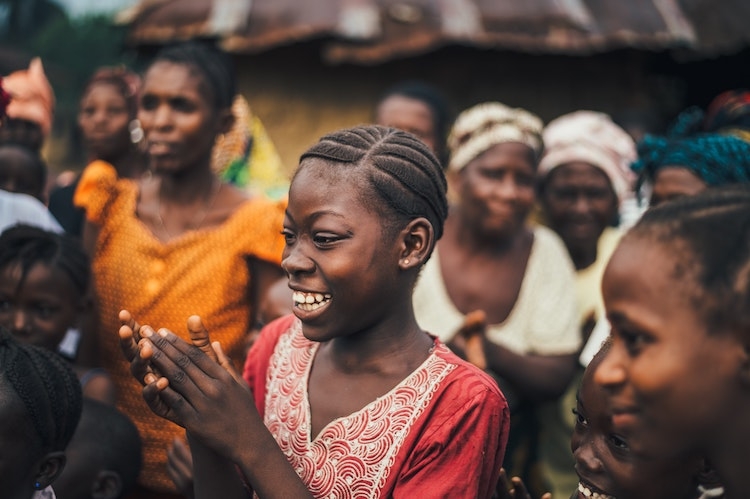Friction and flows: understanding COVID-19 impacts on the wildlife economy in southern Africa


Photo credit: Annie Spratt Unsplash
Dr Annette Hubschle, GRG Senior Researcher, University of Cape Town, together with Dr Meredith Gore, University of Maryland have been awarded a USAID Partnerships for Enhanced Engagement in Research (PEER) grant to enhance understanding about the impacts of the COVID-19 pandemic and lock-down restrictions on the wildlife economy of southern Africa.
The aim of their research project, Friction and flows: understanding COVID-19 impacts on the wildlife economy in southern Africa is to enhance understanding about the impacts of the COVID-19 pandemic and lock-down restrictions on the wildlife economy of southern Africa. An illegal wildlife economy persists and appears to have grown since the onset of the pandemic, undermining sustainable development and biodiversity conservation. This research will use insights, concepts, and methods from criminology, sociology and conservation biology in carrying out the project
Increased understanding of COVID-19 impacts on the wildlife economy can improve:
- targeting of solutions that create bridges for inequalities amongst women, youth, and other previously disadvantaged populations;
- inform decision making about economic empowerment activities that could help reduce inequality in income distribution;
- support opportunities to mitigate threats to biodiversity and support future growth including governance of natural resources, expanding biodiversity stewardship programmes already under way and developing national capacity to adapt to impacts of climate change;
- and promote evidence-based policies and practices that promote employment.
Without understanding how COVID-19 and related public health measures have impacted the wildlife economy, including friction and flows, it is impossible to reinforce, reset, or recalibrate strategies to positively impact development.
Development objectives include reducing rural poverty, building capacity to meet critical needs of women, youth, and other vulnerable populations, including their empowerment, productivity, and engagement.
The wildlife economy has provided, and can continue to provide, enterprise-driven economic growth, increased resilience amongst women, youth, and other vulnerable citizens via increased civil engagement, political participation, and personal security. Illuminating frictions and flows of COVID-19 on the wildlife economy can inform supply chain adaptation and resilience efforts relevant to a variety of crucial sectors. COVID-19 related frictions may inhibit private sector investment and undermine the rule of law in general, and they can distort and constrain markets that are known to enhance efforts to reduce rural poverty.
The USAID (PEER) project supports collaborative research projects between scientists from USAID partner countries and US government-funded researchers. The PEER program is implemented by the National Academies of Sciences, Engineering and Medicine (NASEM)
Project Dates: November 1, 2022 - October 31, 2023
This project is jointly supported by the South Africa Department of Science and Innovation
